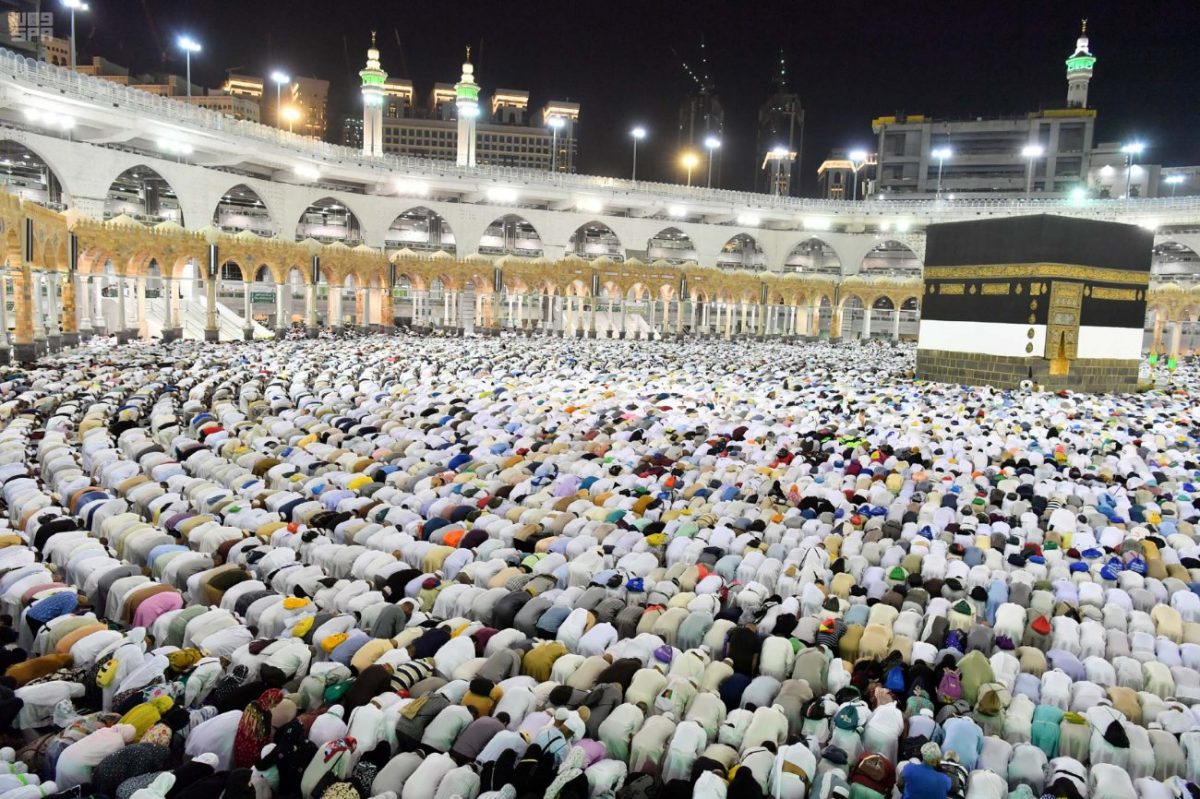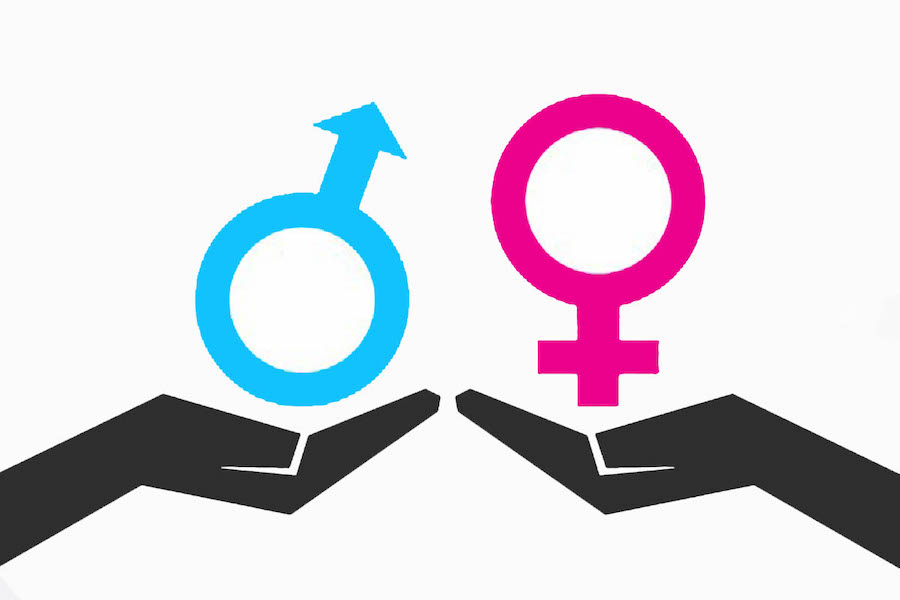بِسْمِ اللهِ الرَّحْمٰنِ الرَّحِيْمِ
A lot of the Muslim Ummah participate in many Western celebrations without really knowing their origins or how they became widespread amongst the people. Let us explore their roots; here are a few of the common celebrations:
BIRTHDAY
This is probably the most common celebration across the globe, yet if we were to ask people where it came from, most have no idea.
Early civilisation did not have any way of pinpointing days, weeks and years, not until the calendar came about. Bible scholars claimed that the earliest mention of a birthday was around 3000 BCE in reference to the celebration of a Pharoah’s birthday. However, further study implies that it was not the birth of the person himself but the day he apparently became a “god” (as the Pharoah mentioned in the Qur’an claimed to be god).
When the Pharoahs were crowned in Egypt they were considered to have transformed into Gods. Pagans, such as the ancient Greeks, believed that each person had a spirit that was present on the day of his or her birth. This spirit kept watch and had a mystic relation with the god on whose birthday that particular individual was born.
Gods and goddesses were a huge part of Greek culture and the greeks offered many tributes and sacrifices to appease these gods. As a tribute to the lunar “god” Artemis, the Greeks would offer up moon-shaped cakes adorned with lit candles to recreate the glowing radiance of the moon and Artemis’ perceived beauty. The candles also symbolised the sending of a signal or prayer. Blowing out the candles with a wish is another way of sending that message to the gods.
It is assumed that the Greeks adopted the Egyptian tradition of celebrating the “birth” of a god. They, like many other pagan cultures, thought that days of major change, such as these “birth” days, welcomed evil spirits. They lit candles in response to these spirits almost as if they represented a light in the darkness. This implies that birthday celebrations started as a form of protection.
In addition to candles, friends and family would gather around the birthday person and protect them from harm with good cheers, thoughts, and wishes. They would give gifts to bring even more good cheer that would ward off evil spirits. Noisemakers were also used to scare away the unwanted evil.
CHRISTMAS
Many Christians associate Christmas day with the birth of the Prophet Isa, even though the bible did not mention anything about the 25th of December. However, there are implications that show it may have been something else entirely, pre-dating his era entirely.
The date of December 25th probably originated with the ancient “birthday” of the son-god, Mithra, a pagan deity whose religious influence became widespread in the Roman Empire during the first few centuries A.D. Mithra was related to the Semitic sun-god, Shamash, and his worship spread throughout Asia to Europe where he was called Deus Sol Invictus Mithras.
Rome was well-known for absorbing the pagan religions and rituals of its empire. As such, Rome converted this pagan legacy to a celebration of the god, Saturn, and the rebirth of the sun god during the winter solstice period. The winter holiday became known as Saturnalia and began the week prior to December 25th. The festival was characterised by gift-giving, feasting, singing and debauchery, as the priests of Saturn carried wreaths of evergreen boughs in procession throughout the Roman temples.
VALENTINE’S DAY
Although there is no exact root for this celebration, the earliest possible source is from the ancient Romans.
From February 13th to 15th, the Romans celebrated the feast of Lupercalia. The men sacrificed a goat and a dog, then whipped women with the flesh of the animals they had just slain.
The Roman romantics “were drunk and naked,” says Noel Lenski, a historian at the University of Colorado at Boulder. Young women would actually line up for the men to hit them, Lenski says. They believed this would make them fertile.
The brutal fete included a matchmaking lottery, in which young men drew the names of women from a jar. The couple would then be coupled up for the duration of the festival or longer.
The ancient Romans may also be responsible for the name of the modern day of “love”. Emperor Claudius II executed two men — both named Valentine — on February 14th of different years in the 3rd century A.D. Their martyrdom was honoured by the Catholic Church with the celebration of St. Valentine’s Day.
Later, Pope Gelasius the first muddled things in the 5th century by combining St. Valentine’s Day with Lupercalia to expel the pagan rituals but the festival was more of a theatrical interpretation of what it had once been. Lenski adds, “It was a little more of a drunken revel, but the Christians put clothes back on it. That didn’t stop it from being a day of fertility and love.”
Later on as time went by these brutal rituals “sweetened” and became more widespread especially after being promoted by Shakespeare. Nowadays it has merely become a business (making approximately $18.6 billion in 2011) and an excuse for immorality which the world sugar coats by calling it “love”.
HALLOWEEN
This is a holiday celebrated each year on October 31. The tradition originated with the ancient Celtic festival of Samhain, when people would light bonfires and wear costumes to ward off ghosts and evil spirits. In the eighth century, Pope Gregory III designated November 1 as a time to honour all saints. Soon, All Saints Day incorporated some of the traditions of Samhain.
The evening before was known as All Hallows Eve, and later Halloween. Over time, Halloween evolved into a day of activities like trick-or-treating, carving jack-o-lanterns, festive gatherings, donning costumes and eating treats.
Halloween’s origins date back to the ancient Celtic festival of Samhain. The Celts, who lived 2,000 years ago, mostly in the area that is now Ireland, the United Kingdom and northern France, celebrated their new year on November 1.
This day marked the end of summer and the harvest and the beginning of the dark, cold winter, a time of year that was often associated with human death. Celts believed that on the night before the new year, the boundary between the worlds of the living and the dead became blurred. On the night of October 31 they celebrated Samhain, when it was believed that the ghosts of the dead returned to earth.
In addition to causing trouble and damaging crops, Celts thought that the presence of the otherworldly spirits made it easier for the Druids, or Celtic priests, to make predictions about the future. For a people entirely dependent on the volatile natural world, these prophecies were an important source of comfort during the long, dark winter.
To commemorate the event, Druids built huge sacred bonfires, where the people gathered to burn crops and animals as sacrifices to the Celtic deities. During the celebration, the Celts wore costumes, typically consisting of animal heads and skins, and attempted to tell each other’s fortunes.
When the celebration was over, they re-lit their hearth fires, which they had extinguished earlier that evening, from the sacred bonfire to help protect them during the coming winter.
Nowadays this celebration has also become a business, generating $9 billion in one year.
EASTER
The origin of Easter, a holiday associated with the observance of the resurrection of Jesus, is actually based on an ancient pagan celebration. Christians recognise this day as commemorating the culminating event of their faith, but like so many other “Christian” holidays, Easter has become commercialised and mixed with non-christian traditions like the Easter Bunny, Easter parades and hunting for Easter eggs.
Contemporary traditions such as the Easter Bunny and the Easter egg can be traced back to the practices by the pagans. Due to their prolific nature, rabbits have long been associated with fertility and its goddess, Ishtar. Ancient Babylonians believed in a fable about an egg that fell into the Euphrates River from heaven and from which Queen Astarte (another name for Ishtar or Semiramis) was “hatched.” Nowadays, just like the rest, it has become a worldwide business, making over £1 billion in 2018 in the UK alone.
MOTHER’S DAY
Mother’s day started as an anti-war movement
Celebrations of mothers and motherhood can be traced back to the ancient Greeks and Romans, who held festivals in honour of the mother goddesses Rhea and Cybele, but the clearest modern precedent for Mother’s Day is the early Christian festival known as “Mothering Sunday.”
Once a major tradition in the United Kingdom and parts of Europe, this celebration fell on the fourth Sunday in Lent and was originally seen as a time when the faithful would return to their “mother church”—the main church in the vicinity of their home – for a special service.
Over time the Mothering Sunday tradition shifted into a more secular holiday, and children would present their mothers with flowers and other tokens of appreciation. This custom eventually faded in popularity before merging with the American Mother’s Day – which started as an anti-war movement – in the 1930s and 1940s.
As Muslims we must look at all these celebrations as what they really are – ancient/religious rituals. Imitating these ceremonies is not part of our deen. In Islam, we have 2 Eids (al-fitr and al-adha) along with other celebrations that were part of the sunnah such as weddings within the boundaries of Islam and the celebration of a newborn.
This is not to say that it is wrong for someone to for example: commemorate their date of birth, look at the blessings Allah has given that person and strive to be a better Muslim during the next year. However, to carry out the acts in these celebrations, essentially making them as a Eid, as they are done by the non-Muslims is where the problem lies.
May Allah protect us all in these matters especially the children.
Allah knows best.









